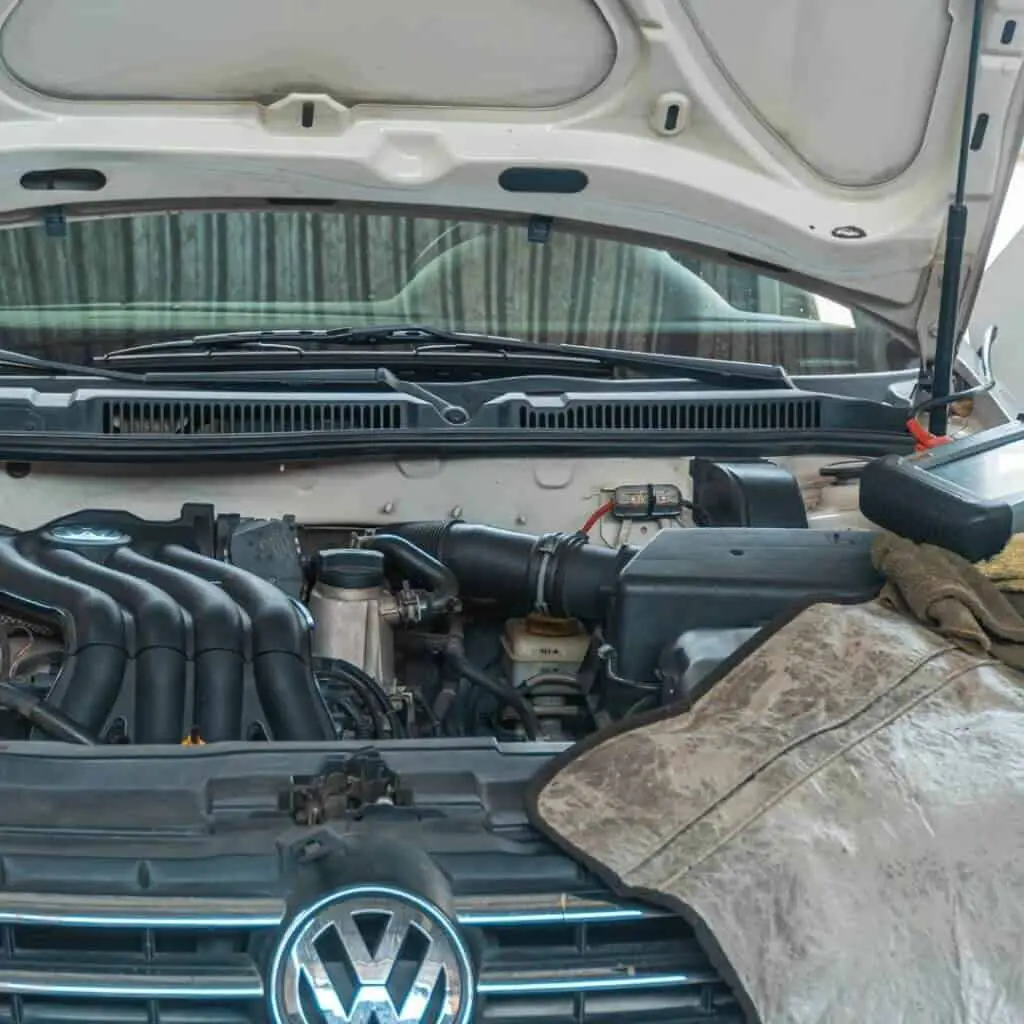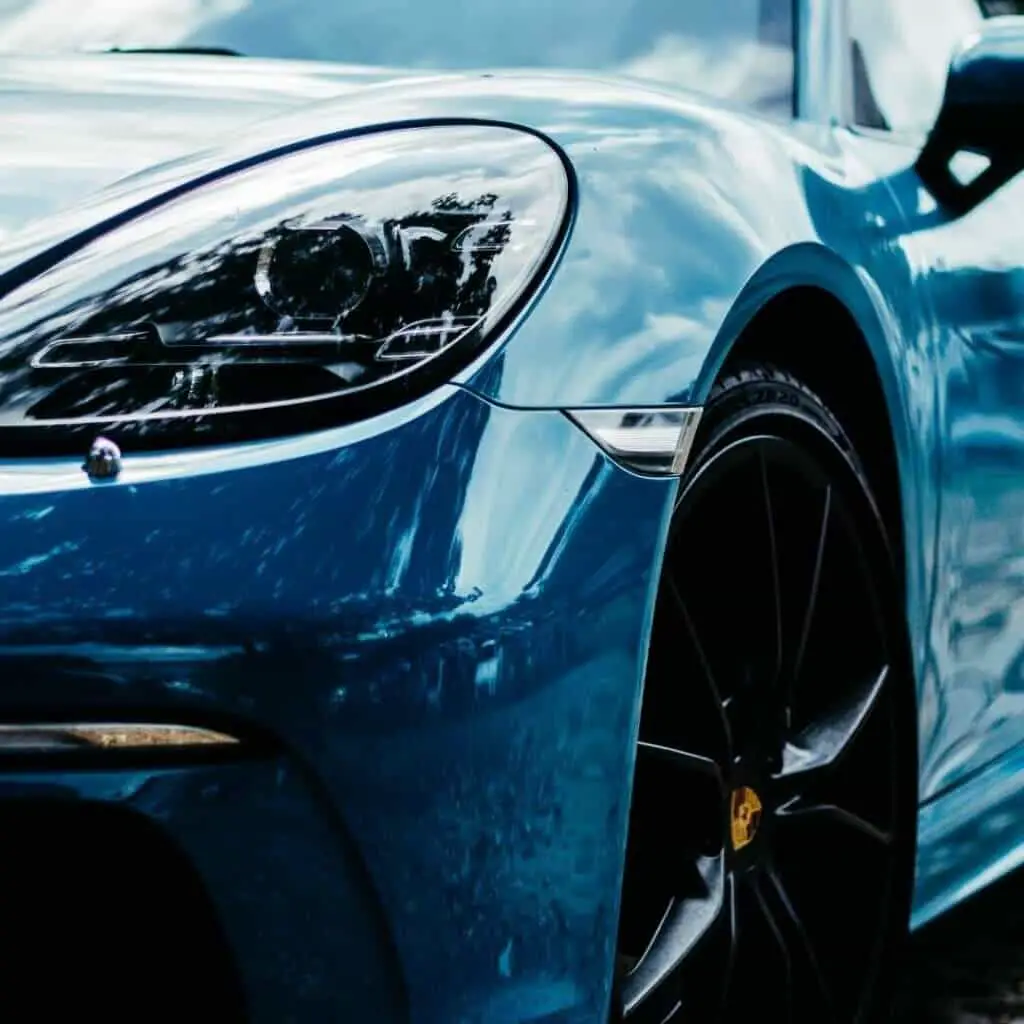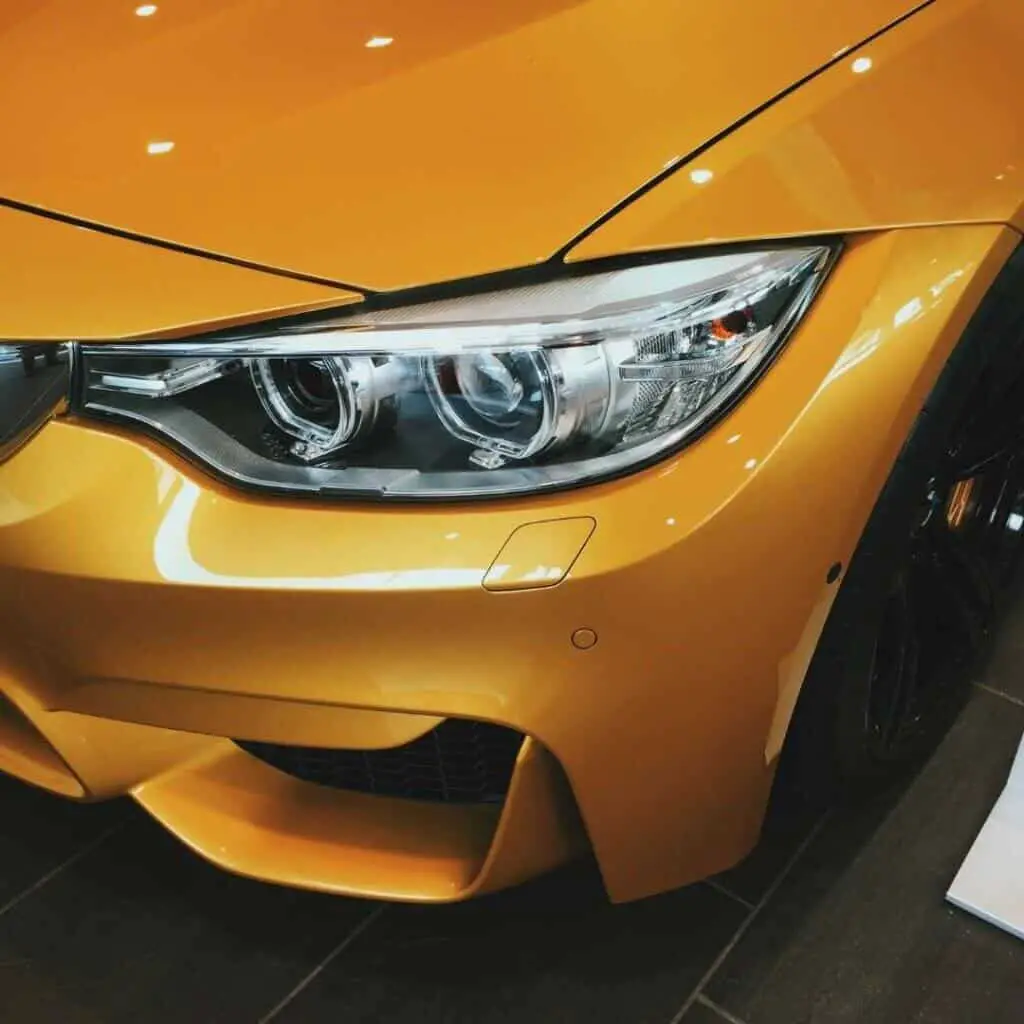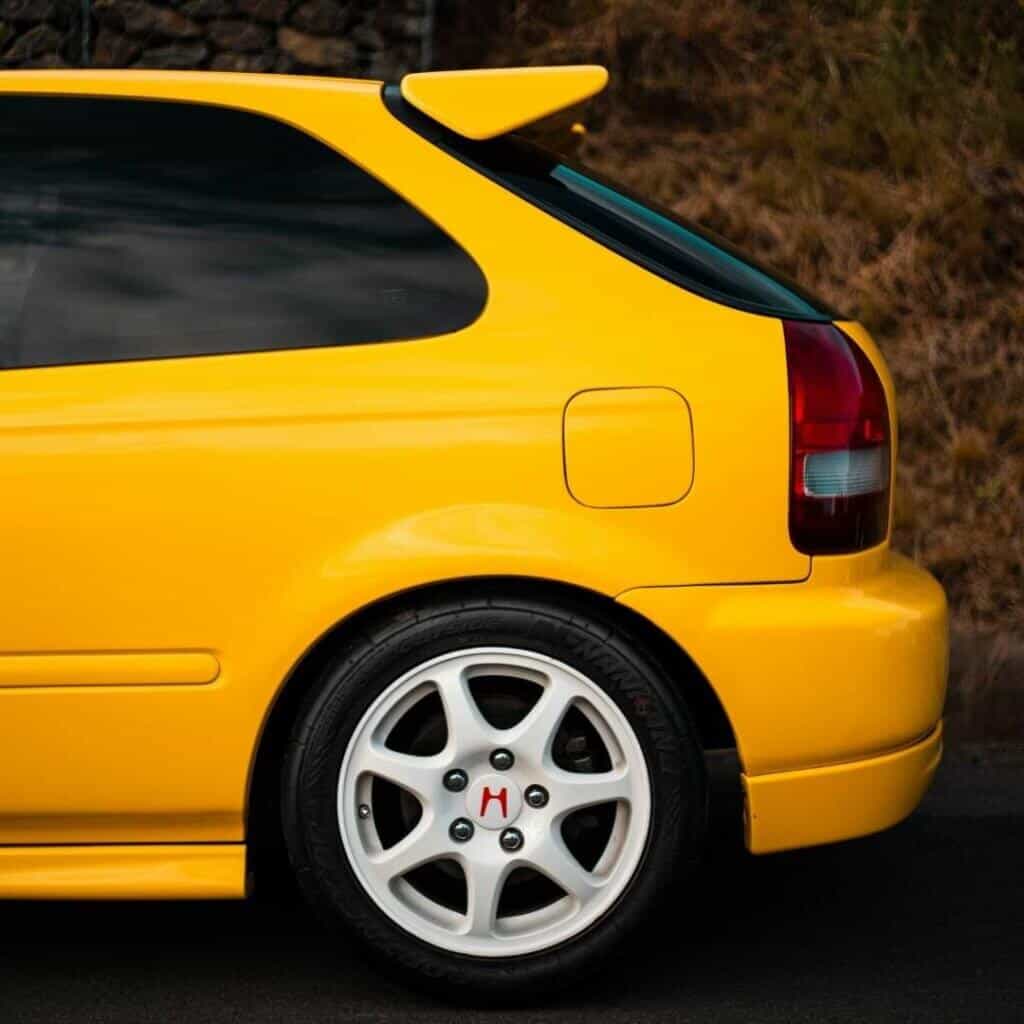The Porsche Cayenne was introduced in 2002. It is one of the company’s best and most expensive cars. This midsize luxury crossover SUV was given new life in 2008 when the model’s engine started using direct injection technology. Facing some issues as any other car, you may ask which Porsche Cayenne years to avoid?
Porsche Cayenne Years To Avoid

Although most pre-owned Porsche Cayennes are safe, consider steering clear of the 2004 and 2011 models. There have been multiple reports of cooling systems, drivetrain, and electrical issues with the 2004 Porsche Cayenne.
Unfortunately, you’ll probably have to spend more than $3,000 to have one of these problems corrected.
The worst Porsche model to buy is from 2011, as it has numerous engine issues that manifest very early in the vehicle’s life. Engines have failed at less than 40,000 miles, brakes have prematurely worn out at about 20,000 miles, and engines have overheated at 15,000 miles [2].
Avoid the 2011 Porsche Cayenne at all costs because it has the worst engine failure of any model from that year.
Reliable Porsche Cayenne Models
The Porsche Cayenne was most reliable in 2009, 2019, 2018, and 2017. Very few, if any, substantial complaints have been made about these models. The 2020 model is also trustworthy, but because it was released so recently, the data is still not conclusive. Models from 2003 and 2007 are also dependable.
The Porsche Cayenne is a stylish little SUV. It has been successful ever since its initial production in 1995. When properly maintained and cared for, it is regarded as a dependable, almost sports-like vehicle that accelerates rapidly and lasts for years.
Although the Porsche Cayenne doesn’t necessarily have bad years, several models stand out as the most dependable. The Porsche Cayennes produced from 2017 to 2019 have almost no concerns or complaints on CarComplaints.com [3].
Additionally, the difficulties reported tend to be simple to solve and don’t pose a significant risk to the driver.
These vehicles are all, of course, still quite early in their life cycles. So over time, they may develop new issues that cannot predicted at the moment. The more current the model, the more reliable it is; hence, reliability data for the 2020 and 2021 models might not be as precise implied.
The 2017-2019 Porsche Cayennes, are more dependable than their previous counterparts, according to the car’s history [4]. However, the vehicle experienced several major problems during the first few years of manufacture, some of which occasionally led to catastrophic failures. Fortunately for Porsche enthusiasts, these problems were soon fixed and are no longer a problem.
But if that’s the case, why aren’t these automobiles more dependable than they were in previous years? They have been running for this long, after all. Buying a used car without the right information, might result in a car with fatal defects which might then be confused with typical wear-and-tear issues.
Before buying a used Porsche Cayenne, ask the used car shop salesperson whether the vehicle has ever experienced any problems. You should also take the car for a test drive to determine whether or not it functions properly.
Less Dependable Porsche Cayenne Models

Although the Porsche Cayenne is generally dependable, there are two models to avoid buying. The 2011 and 2004 Porsche Cayenne suffer significant and frequent issues. Because the average cost of repairs is significantly higher for the 2004 model, most people consider it the worst of the two. The 2004 Porsche Cayenne has electrical, drivetrain, and cooling system issues.
Plastic coolant lines have broken on numerous autos, and driveshaft center carrier bearings have also failed. Even the less serious complaints are a hassle and can be rather expensive to fix in some cases, costing upwards of $3,000. Some complaints have been as bad as the car just refusing to start.
The 2011 model is also problematic. A similar number of customer complaints has been made, although they are more serious than those for the 2004 model. It has reportedly overheated after only 15,000 miles and completely failed after less than 40,000.
Another well-known problem is premature brake wear, starting as early as 21,000 miles and costing $3,000 to fix. Overall, due to the extra stress, the 2004 and 2011 models may bring you, it is advisable that you avoid them.
2004 Model Issues
Porsche has produced the Cayenne for approximately 17 years. The Cayenne consistently draws a sizable number of patrons attracted by its performance and first-rate amenities. Unfortunately, not every car is perfect. The Porsche Cayenne 2004 model year is no exception. Data from the company website was evaluated by CarComplaints.com, which found that the model was the most troublesome [5].
Carcomplaints.com rated the 2004 model as the worst version available. This rating was due to the elevated maintenance costs and the severity of issues, particularly given the lesser mileage.
The worst problem that owners ran into was with the drivetrain. In addition, the center bearing fractured frequently, which caused the car to experience many issues.
The intense heat in the engine area would cause plastic cooling tubes to crack. The damage would determine whether coolant was dripping or flowing out of the pipes. Owners had to pay for aluminum repair kits to rectify small car issues. Porsche was aware of these issues because they eventually provided replacement kits.
Since it was an issue many drivers faced, a lawsuit was brought against the corporation. Porsche consented to reimburse customers who had already paid for the tubes and to pay for a portion of their replacement in 2014 [6].
2011 Model Issues
A 2011 model should not be purchased due to the numerous engine issues that have already been reported [7]. For example, brakes have prematurely worn out after 20,000 miles, engines have overheated after just 15,000 miles, and engines have died after only 40,000 miles.
A check engine light warning is experienced by drivers, followed by a loud noise that caused the engine to shut down completely.
Customers claim that their 2011 Cayennes’ camshafts frequently broke. This is not something that Porsche or the businesses that provide extended warranties are accepting responsibility for.
Additionally, it will cost many thousand dollars to replace the current fasteners. The engine might need to be entirely replaced in exceptional cases.
Avoid the 2011 Porsche Cayenne because it has the worst engine failure issue of any model year. The most frequent issues reported by Porsche Cayenne owners include premature tire wear, premature brake pad/rotor wear, coolant line issues, and dead engines. While many of them can be remedied at home, some call for professional help.
Common Porsche Cayenne Problems

- Porsche cayenne v8 engine problems
Plastic coolant pipes fractured in early Cayenne Turbo models with the 4.5-liter twin-turbo V8 engines. This caused coolant to flow onto the engine and cause it to overheat. Metal versions have mostly replaced these plastic pipes.
If you come across a model that still has plastic coolant pipes, you should immediately replace them. The 4.8-liter engine that the Cayenne’s S, GTS, and Turbo acquired in 2008 did not have these difficulties, leaving only the coolant piping troubles.
The air/oil separator on the 4.8-liter engine is one item to watch out for (also known as the PVC valve). This is a component of Porsche Cayenne’s emissions system. When it malfunctions, it can cause anything from a slight inconvenience to a significant problem that needs to be fixed.
You should keep an eye out for oil consumption, smoke coming from the exhaust pipes. A rough idle, and a corresponding check engine light when it begins to fail should also be expected. If this component needs to be replaced, it won’t cost too much—it costs around $200.
- Porsche Cayenne transmission problems
The transmission aids in transferring power from the engine to the wheels. Transmissions, however, can experience a variety of defects and malfunctions and may need repair, just like other auto parts. Early detection of gearbox issues and prompt repair at the Porsche dealer can save you a lot of money and hassle.
- Gear Issues: The gearbox is crucial to the functioning of the transmission system. The transmission system likely needs immediate repair if your gears are acting up. For instance, you might observe that your car responds to gear changes slightly slower than usual or detect gear slippage. You shouldn’t disregard gear issues because they can be challenging to resolve and even dangerous in some circumstances.
- Warning Lamps: To alert you to problems, every new Porsche comes with a set of warning lights that will immediately illuminate the dashboard. These lights can be incredibly helpful for seeing issues early on and fixing them. The “Check Engine” light may also indicate a problem with the gearbox. The transmission warning light is typically shaped like a gear with an exclamation point in the center.
- Shakes and Vibrations: Have you ever noticed your automobile trembling or vibrating when you shift into neutral or another gear? If so, it’s possible that your transmission is malfunctioning and has to be repaired right away. This shaking is frequently a symptom of low transmission fluid levels or cracked or damaged transmission system parts.
- Strange Noises: When your transmission begins to malfunction, you can also hear strange new sounds that arise out of nowhere. For instance, many drivers claim to hear humming or grinding noises when the vehicle is in neutral. When shifting gears, you might also hear grinding or clunking noises. If the bearings have become loose, there might even be rattling sounds.
- Strange odor: A burning smell when driving your automobile can be very unsettling. It may occur if your transmission system is acting up. If you smell burning, the best course of action is to stop, switch the engine off. After letting your car cool down, seek repairs at your nearby dealership. Overheating belts and frayed cables can all result in burning smells.
- Fluid Leaks: The transmission system needs a particular fluid to function. This fluid can start leaking if the system is broken. Red or brown pools appearing when you park your automobile, are typically signs of a fluid leak. You must repair leaks immediately because the system won’t function properly without enough fluid.
Porsche Cayenne timing chain replacement interval

The timing chain is an element of the automobile engine that synchronizes the crankshaft and camshaft revolutions. This enables the inlet and outflow valves of the engine to open and close during each round of the engine at precisely preset intervals [8].
The timing chain should be changed between 80,000 and 120,000 miles, except when there is a specific defect. Chain issues are common in vehicles with higher mileage. Watch for indications that the timing chain is failing if you have an older or high-mileage car. It’s crucial to identify the symptoms and get the timing chain serviced before it completely fails since it may break and need to be replaced.
Porsche Cayenne extended warranty
Platinum and Powertrain are the two options for Porsche extended warranty plans (also known as Porsche Vehicle Service Protection plans). The coverage period for each warranty is 10 years or 100,000 miles, whichever comes first. Remember that this is a total of 10 years rather than an additional 10 years to your manufacturing warranty.
The more complete of the two alternatives is the Platinum Plan. It covers the engine, transmission, drive axle, seals and gaskets, climate control, shocks, front- and rear-axle suspension, steering, brakes, fuel system, electrical system, navigation, and audio and high-tech features.
The only components covered by the Powertrain Plan are the engine, transmissions, drive axle, and seals and gaskets. It’s good to see Porsche provide this coverage because several powertrain warranties plans don’t [9].
Read Also: Ford Edge Years To Avoid
Conclusion
The Porsche Cayenne is a mid-range luxury SUV that was introduced in 2002. This car comes in several different year models, each with a distinct combination of advantages and disadvantages.
Although customers reported several flaws with the 2004 and 2011 Porsche Cayenne models, it is safe to buy because most of these issues can be resolved. In addition, the problem is frequently known to the manufacturer, who regularly organizes free recall campaigns.
Read Next: Is Porsche Reliable




